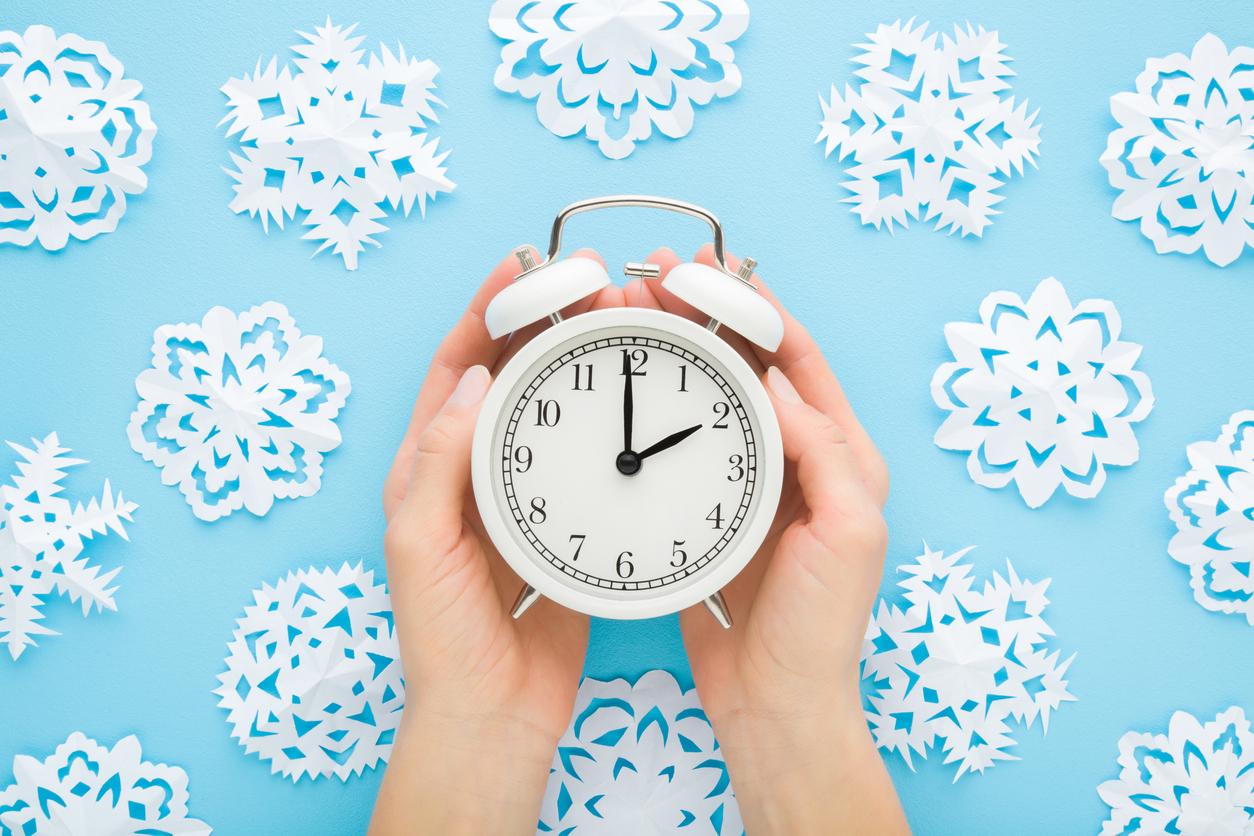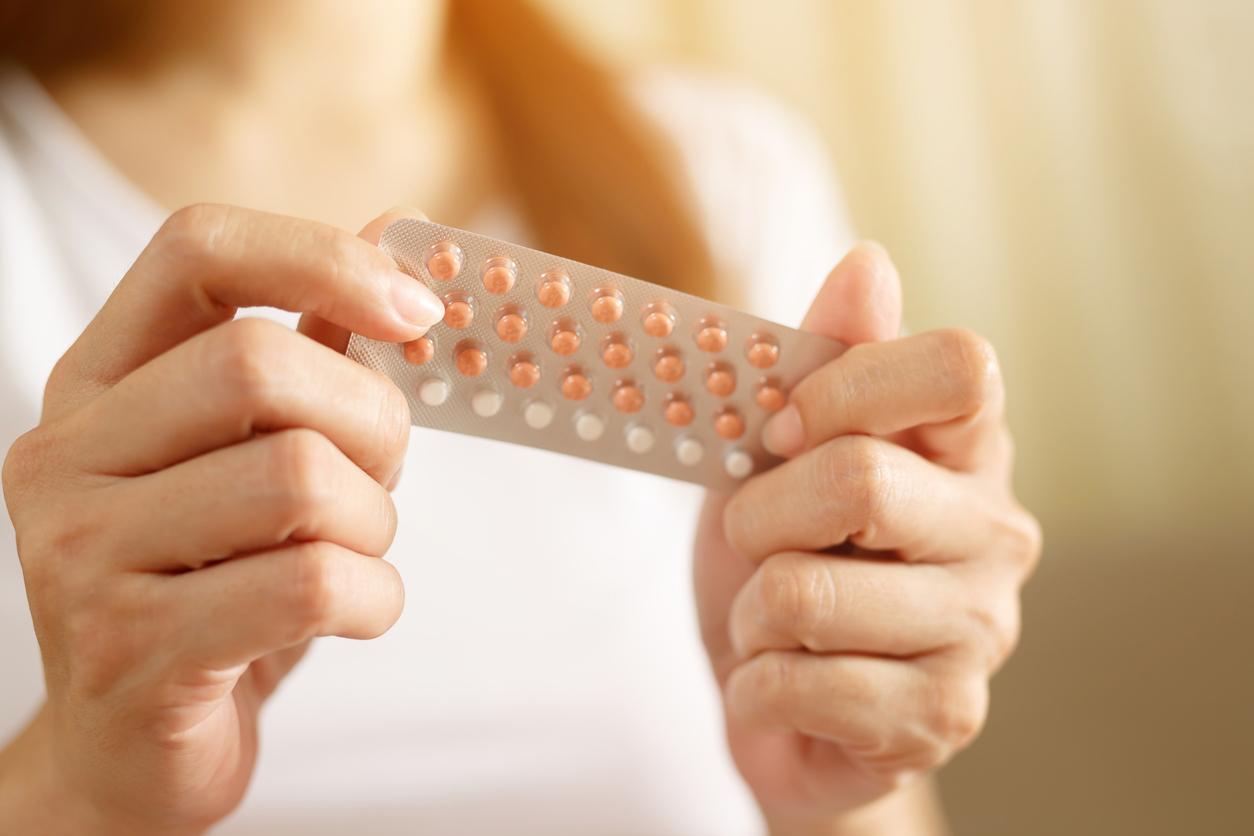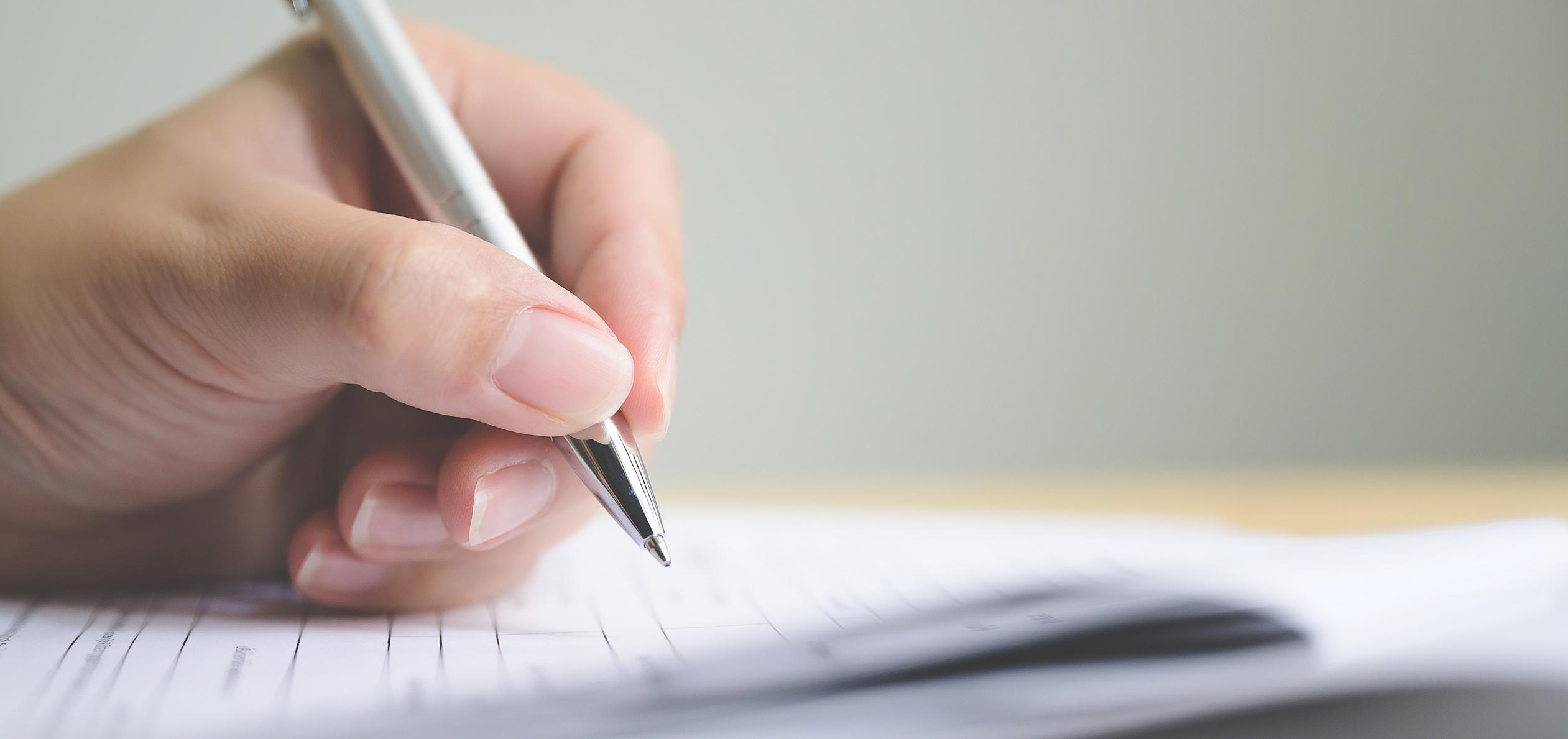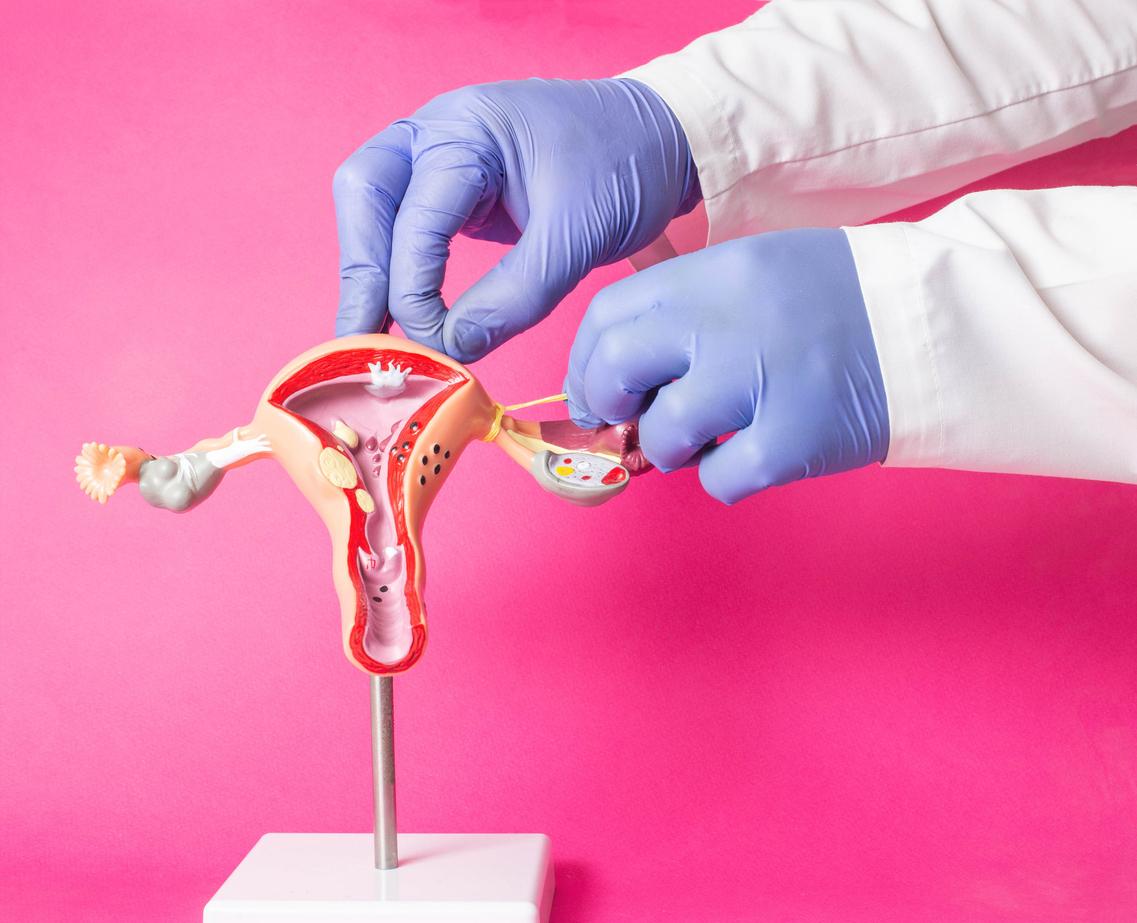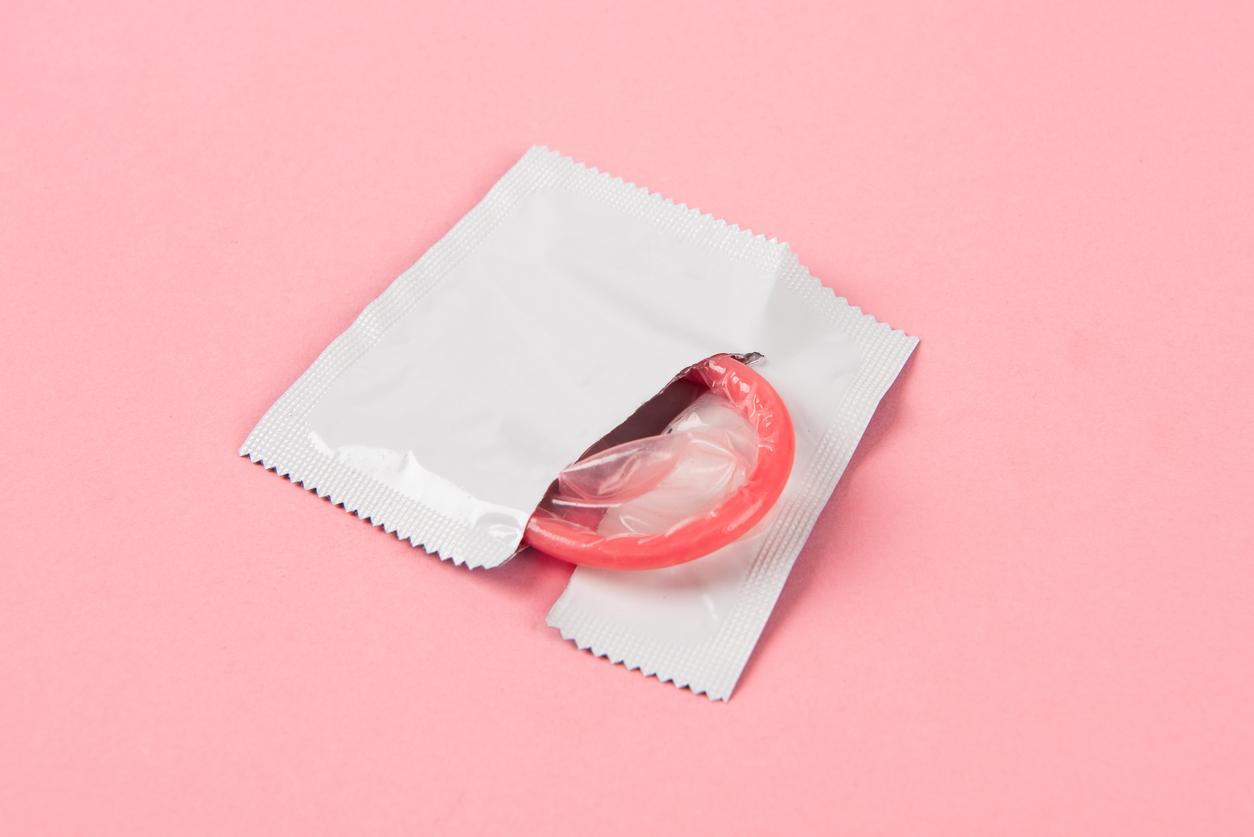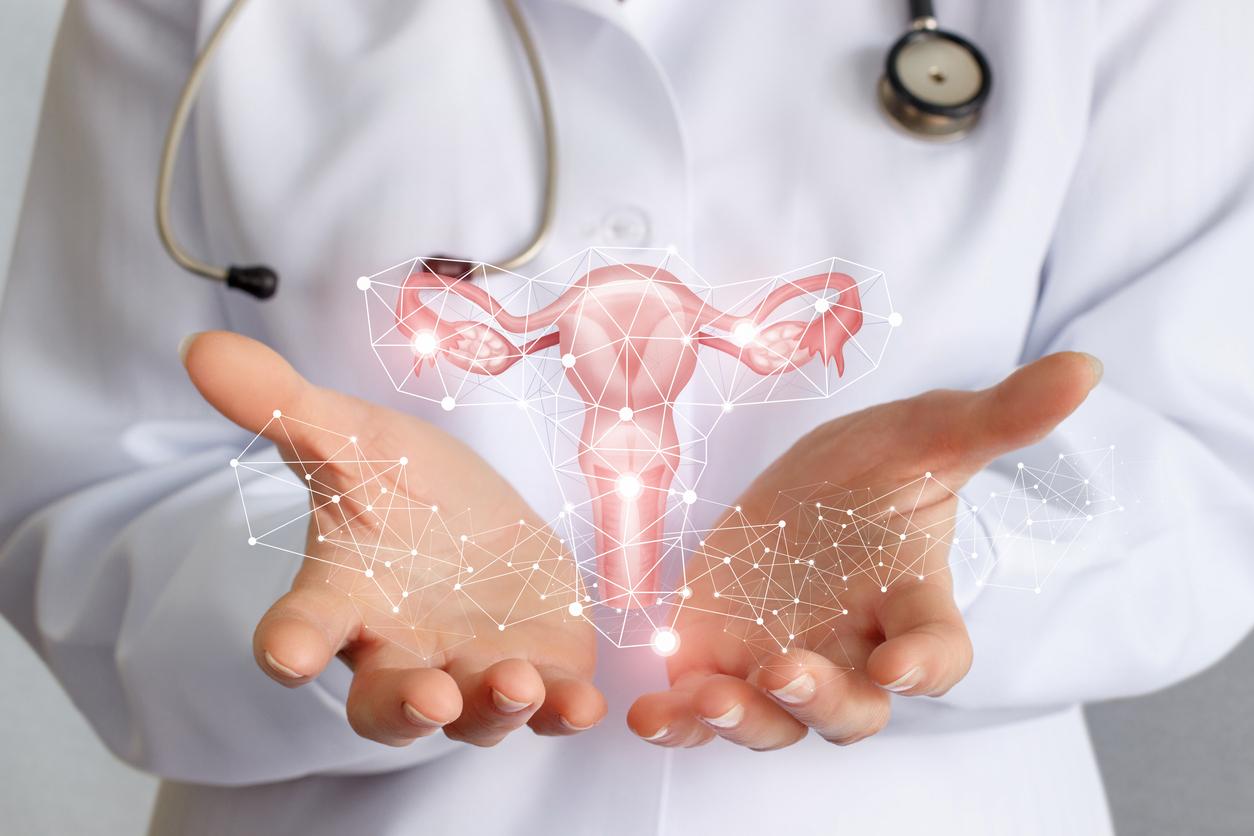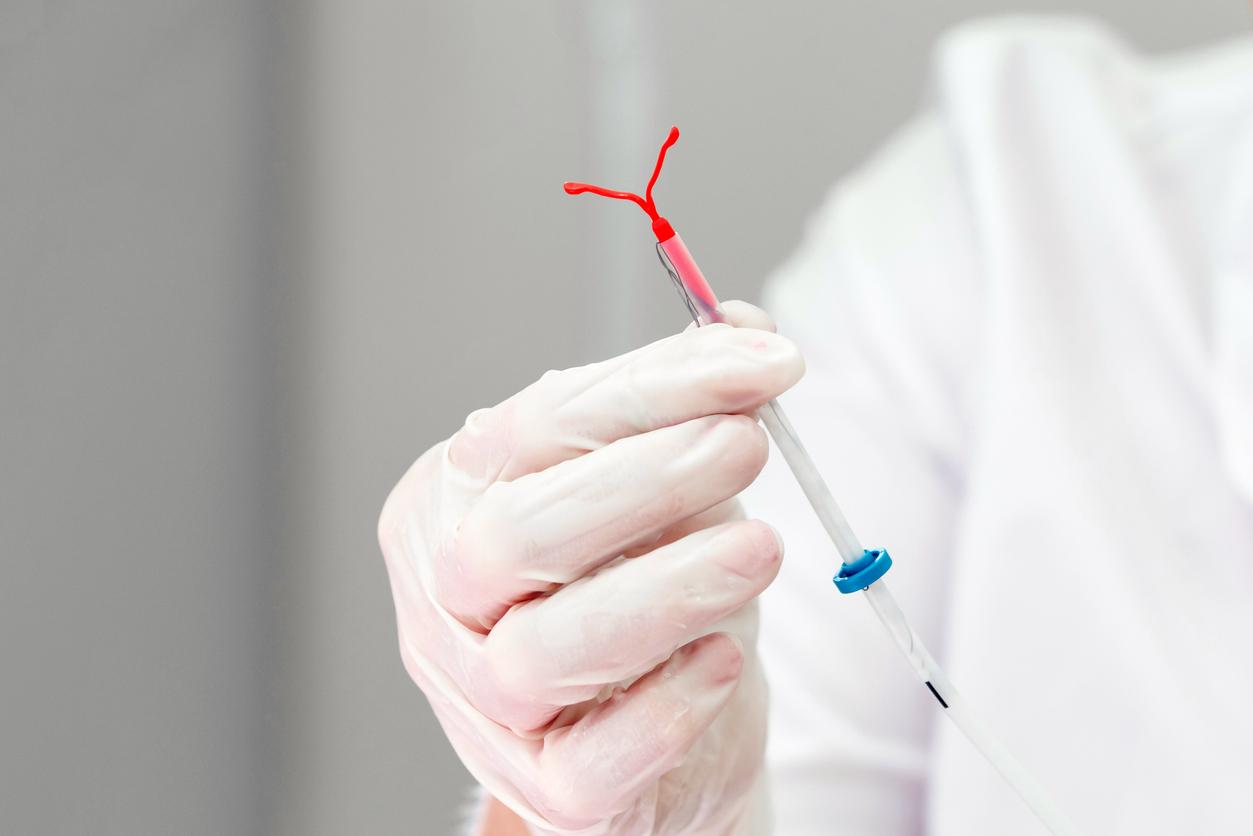An Ifop survey takes stock of the practices of French women in terms of emergency contraception: where is the use of the “morning after pill”?
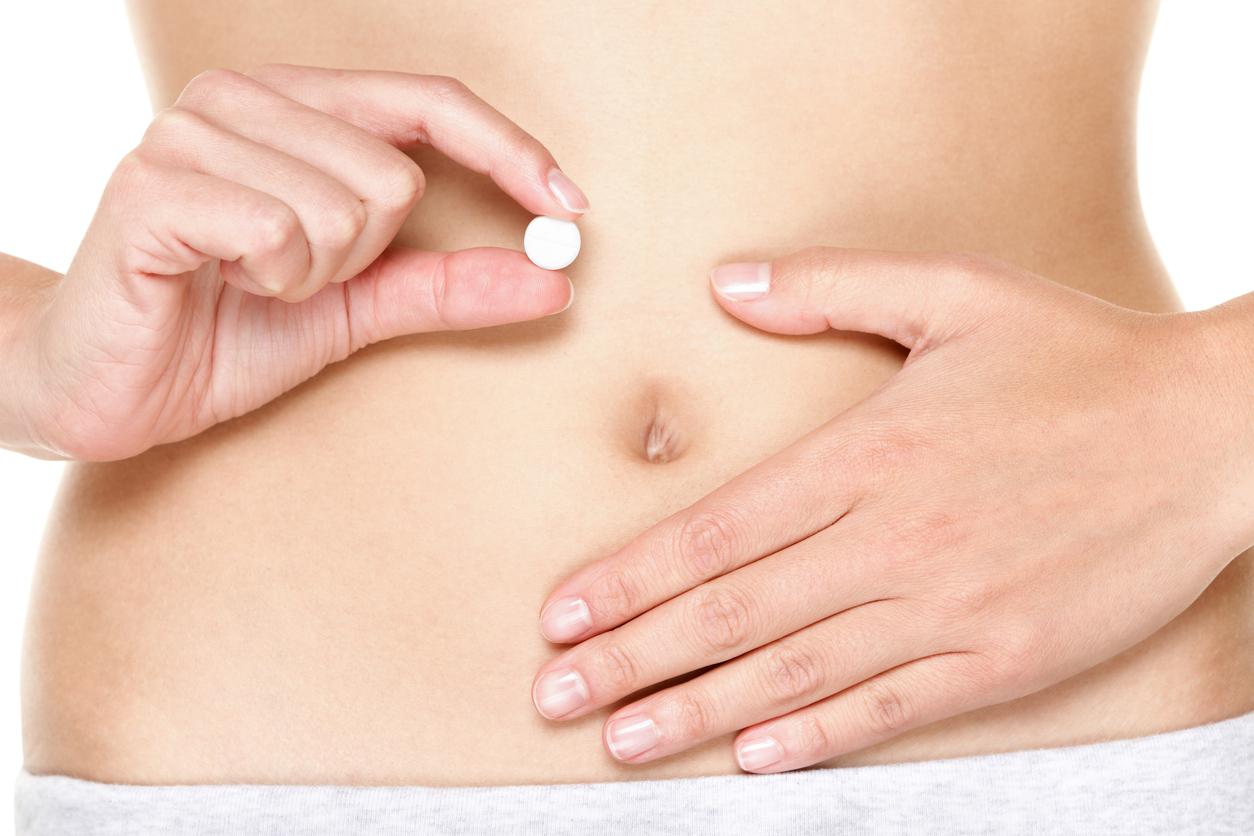
- This Ifop survey reveals that for a third of women, particularly those aged 25-34 (38%), the “morning after pill” is still a pill “that we are ashamed to take”.
- Although its use continues to become more popular, the study nevertheless reveals a lack of knowledge around emergency contraception.
- Effective in dealing with a one-off risk of pregnancy, “hormonal emergency contraception is a catch-up method which is not intended to be used on a regular basis”, recalls the study. “It therefore remains exceptional, in particular because of a higher risk of failure than traditional methods of contraception.”
Forgotten pill, broken condom, unprotected sex… “If, in 2023, more than one in three women (38%) between 15 and 49 years old have already taken emergency contraception in their life – or 4 times more than 20 years ago – we are far from ‘a trivialized practice, of so-called comfort contraception.’
An Ifop survey carried out for the Biogaran laboratory reveals that for a third of women, particularly those aged 25-34 (38%), the “morning after pill” is still a pill. “which we are ashamed to take”.
27% of women using the morning after pill do not inform their partner
The survey indicates that using emergency contraception is a process carried out rather alone: 27% of all women questioned do not inform their partner, and among the 71% who are informed, 36% let the women obtain emergency contraception on their own. Among those under 25, however, men seem better informed (89%) and more involved in the process, with 20% going to get the medication themselves (compared to 9% of 25-49 year olds).
Three quarters of women obtained emergency contraception directly from a pharmacy, without a prescription, working as a pharmacist “the main player in access to emergency contraception”, according to the study. 68% of women say they easily ask their pharmacist for it (+9 points in 10 years). 10% of them anticipate and have a morning-after pill delivered directly to their home.
Remember that you can also get it in a sexual health center, in a free STD screening center, or even from the school nurse or university services if you are a student.
Too little known, free emergency contraception
The survey, however, reveals a lack of knowledge around emergency contraception despite its use becoming more widespread. Two thirds of women do not know that since January 1, 2023, the morning after pill is free and without advance costs, for any minor or adult. Likewise, if 59% of them know that emergency contraception is less effective after 24 hours, 70% are unaware that emergency contraception is effective up to 5 days after poorly or unprotected sexual intercourse.




